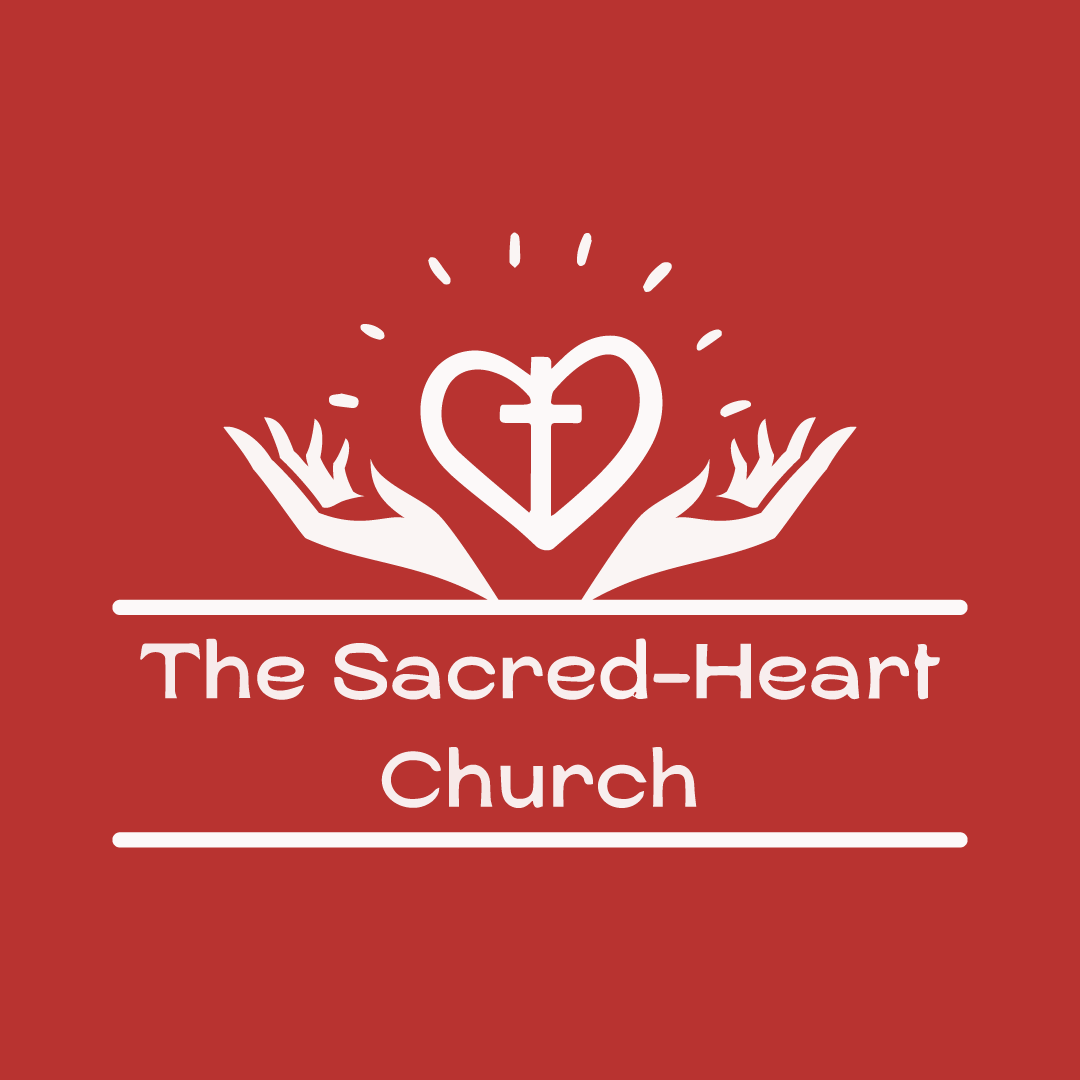Are you curious about the hidden stories within the sacred pages of sacramental records in the Catholic Church? These ancient documents hold profound significance, serving as tangible connections to faith, heritage, and personal history. Whether you’re exploring your family’s spiritual journey, delving into church history, or seeking to understand the theological practices of the Catholic Church, sacramental records offer a wealth of insights. From baptismal registries to confirmation rolls, these records not only trace individual journeys of faith but also provide a window into the cultural and historical tapestry of the Church. In this comprehensive guide, we’ll walk you through everything you need to know—how to access these records, what information they contain, and their broader implications. Prepare to uncover the rich legacy of sacramental records and discover how they shape our understanding of the Catholic tradition.
Key Takeaways
– Where to Locate Sacramental Records: Start with your local parish office, as most sacramental records are maintained there. For older or historical records, contact the diocesan archives or even the archdiocesan or episcopal curia if necessary.
– Purpose of Sacramental Records: These records are used for membership tracking, certification of sacraments, legal purposes, and personal reflection on one’s spiritual journey.
– Steps to Access Sacramental Records: Contact your parish, check diocesan archives, consult the Vatican for specific records, use online resources like the USCCB directory, or consider hiring a professional genealogist for detailed research.
– Additional Resources: Explore the National Library of Ireland for microfilmed records or visit the Sacred Heart Church website for more information and assistance.

How to Find Your Personal Sacramental Records in the Catholic Church
Your sacramental records are crucial documents in the Catholic Church, detailing significant milestones in your spiritual journey. Here’s a structured guide to help you locate them:
- Contact Your Local Parish : Start by reaching out to the parish where you were baptized or received Confirmation. Parishes maintain detailed records of sacramental celebrations.
- Explore Diocesan Resources : Visit the diocese’s website for information on centralized record-keeping. Many dioceses have historical offices that manage older records.
- Utilize Online Databases : Some dioceses offer online databases or indexing services to access records digitally, streamlining the process.
- Consult the USCCB Website : The United States Conference of Catholic Bishops provides resources and guidelines for locating sacramental records, including possible links to archdiocesan websites.
- Seek Priestly Assistance : Engage a trusted priest who may have access to parish records or know the necessary procedures for retrieval.
- Consider Third-Party Services : Explore genealogy or specialized religious record websites that might index sacramental data for ease of access.
- Examine Family Archives : Check with family members who may possess historical documents or records.
- Respect Privacy Laws : Be mindful of privacy regulations like GDPR and ensure proper authorization before accessing records.
For detailed guidance, visit our Sacred Heart Church resource page , offering step-by-step instructions and helpful links. Our knowledgeable staff can assist you in navigating the process effectively.
How to Access Your Sacramental Records in the Catholic Church
To access your sacramental records in the Catholic Church, follow these steps:
- Contact Your Parish : Start by visiting the parish where the sacrament was celebrated. Most parishes maintain records of baptisms, confirmations, marriages, and other sacraments. Visit the parish office and request access to your records.
- Check the Diocesan Archives : Some records, especially older ones, may not be available at the local parish level. Contact the diocesan archives for information on accessing these records. Visit the Diocesan Archives for more details.
- Consult the Vatican : For records related to ordination or consecration, contact the Holy See. Write to the Pontifical Council for the Laity or visit their website for assistance. Learn more at Holy See .
- Use Online Resources : Some sacramental records are available online. Check the Catholic Directory or the Archdiocese of Washington for resources and guides.
- Research at the National Library : For genealogical purposes, consult the National Library of Ireland, which holds microfilmed records of many sacramental registers. Visit National Library of Ireland for more information.
- Hire a Professional Genealogist : If you’re conducting extensive research, consider hiring a professional genealogist specializing in ecclesiastical records. Find services at Genealogy Research Services .
By following these steps, you can effectively access and obtain your sacramental records.

How to Access Your Sacramental Records in the Catholic Church
To access your sacramental records in the Catholic Church, follow these steps:
- Contact Your Parish : Start by visiting the parish where the sacrament was celebrated. Most parishes maintain records of baptisms, confirmations, marriages, and other sacraments. Visit the parish office and request access to your records.
- Check the Diocesan Archives : Some records, especially older ones, may not be available at the local parish level. Contact the diocesan archives for information on accessing these records. Visit the Diocesan Archives for more details.
- Consult the Vatican : For records related to ordination or consecration, contact the Holy See. Write to the Pontifical Council for the Laity or visit their website for assistance. Learn more at Holy See .
- Use Online Resources : Some sacramental records are available online. Check the Catholic Directory or the Archdiocese of Washington for resources and guides.
- Research at the National Library : For genealogical purposes, consult the National Library of Ireland, which holds microfilmed records of many sacramental registers. Visit National Library of Ireland for more information.
- Hire a Professional Genealogist : If you’re conducting extensive research, consider hiring a professional genealogist specializing in ecclesiastical records. Find services at Genealogy Research Services .
By following these steps, you can effectively access and obtain your sacramental records.

Where Can I Locate My Sacramental Records in the Catholic Church?
Your sacramental records, such as baptismal certificates, marriage certificates, and confirmation records, are typically maintained by the Catholic Church at various levels within its organizational structure. Here’s how you can locate and access them:
- Local Parish Office: Start by visiting the records office at your local parish where the sacrament was celebrated. Most parishes have a designated person or office responsible for maintaining these records.
- Diocesan Archives: If the records aren’t available at the parish, contact the diocesan chancery or archives. Dioceses often maintain records for parishes within their jurisdiction, especially for older or historical records.
- Archdiocesan or Episcopal Curia: In cases where the records are particularly old or held at a higher level, visit the archdiocesan or episcopal curia. Some large cities have centralized record-keeping systems for sacramental documents.
- Online Resources: Check the US Conference of Catholic Bishops website for a directory of Catholic entities, which can help you locate the appropriate office or repository near you. Some dioceses also offer online databases or portals for accessing records.
When requesting records, be prepared to provide necessary documentation and pay any required fees. Processing times may vary, so it’s advisable to reach out well in advance of any specific needs. For more information, contact the specific office you’re working with.
How to Access Your Sacramental Records in the Catholic Church
To access your sacramental records in the Catholic Church, follow these steps:
- Contact Your Parish : Start by visiting the parish where the sacrament was celebrated. Most parishes maintain records of baptisms, confirmations, marriages, and other sacraments. Visit the parish office and request access to your records.
- Check the Diocesan Archives : Some records, especially older ones, may not be available at the local parish level. Contact the diocesan archives for information on accessing these records. Visit the Diocesan Archives for more details.
- Consult the Vatican : For records related to ordination or consecration, contact the Holy See. Write to the Pontifical Council for the Laity or visit their website for assistance. Learn more at Holy See .
- Use Online Resources : Some sacramental records are available online. Check the Catholic Directory or the Archdiocese of Washington for resources and guides.
- Research at the National Library : For genealogical purposes, consult the National Library of Ireland, which holds microfilmed records of many sacramental registers. Visit National Library of Ireland for more information.
- Hire a Professional Genealogist : If you’re conducting extensive research, consider hiring a professional genealogist specializing in ecclesiastical records. Find services at Genealogy Research Services .
By following these steps, you can effectively access and obtain your sacramental records.

Sacramental Records in the Catholic Church
The sacramental records of the Catholic Church serve several important purposes, primarily in tracking the spiritual milestones and membership of practicing Catholics. Here are the common uses:
- Membership Tracking: Sacramental records are essential for maintaining the rolls of the Catholic Church. They help parishes understand the spiritual status and participation of their members.
- Certification of Sacraments: These records often serve as official certificates for individuals seeking proof of their sacrament celebrations, such as baptism, confirmation, marriage, and holy orders.
- Legal and Administrative Purposes: In cases involving inheritance, name changes, or legal matters, sacramental records can provide official documentation of an individual’s marital status, baptismal name, or other sacramental details.
- Personal Reflection and Record-Keeping: Many Catholics use sacramental records to reflect on their spiritual journey, track their sacramental milestones, and share their faith story with others.
Sacramental records are typically maintained in the parish archives and are accessible through the local church office. They often follow standardized formats established by the Catholic Church to ensure consistency and authenticity.
It’s worth noting that other Christian denominations may have similar records, though the Catholic Church has specific canonical regulations governing the creation and preservation of sacramental documents.
The Sacred Heart Church takes pride in maintaining accurate and well-organized sacramental records to support our members and uphold the traditions of the Catholic faith. For more information or to obtain specific records, please visit our website or contact the parish office directly.




0 Comments